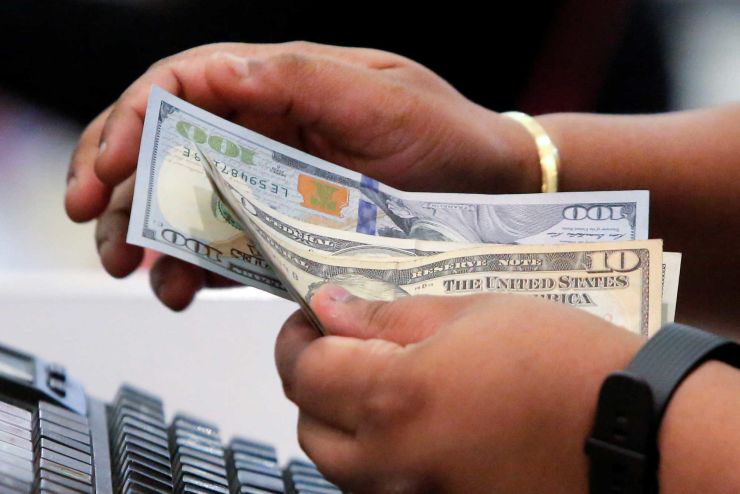
That can mean paring back on areas of your budget where you’ve been lax. It can also mean lightening up on bad habits that add up over time.
And to accomplish this, you will need to take a hard look at how you manage your money and where you’re making mistakes along the way.
“We are basically creatures of habit. A lot of what we do is because we’ve done it before,” said Dan Ariely, chief behavioral economist at Qapital, a provider of a personal finance app and professor of behavioral economics at Duke University.
“But a new year is a really good opportunity for new beginnings,” Ariely said. “It’s a time to examine our past behaviors and see which of them gives us happiness, which ones we should change and create a system that will help with that.”Identify which purchases you regret
To start, it’s a good idea to track where your money is going and where you’re needlessly spending too much.
A Qapital study last year found that people most lamented the money they spend when they go out, according to Ariely.
“It’s not because going out is a bad decision,” Ariely said. “It’s because we go out, and we end up eating too much or drinking too much, and then we regret it.”
To scale back those costs, you can start by deciding to stick to a cheaper restaurant for a couple of months, Ariely suggested.Take a hard look at your discretionary spending
You’ve probably heard before that you need to budget, but budgeting can be a very tricky thing, Ariely said. That’s because coffee typically goes in one category and supermarket spending goes in another category.
Instead, it helps to lump all discretionary spending together.
That way, if you link two spending areas together, such as your restaurant budget and your vacation budget, you can better track how one goal competes with another.
“Now I understand where the money is coming from,” Ariely said. “If I eat out more, it’s coming from my vacation fund.”
To limit your discretionary spending, try regularly moving a set amount to a prepaid debit card, such as $500 every Monday.Set aside money for regular expenses
You may plan to set aside money for recurring expenses that take a big chunk of your income, such as your mortgage or annual tuition bill for your children.
But you might not always follow up on those intentions. That’s because there’s daily, weekly, bi-weekly, monthly and annual spending for which you have to plan. And those expenses can creep up on you, Ariely said.
Just looking at your checking account balance can be misleading.
Take two people who have the same income and mortgage payments. The first person pays their mortgage on the first of the month and the other pays their mortgage on the 20th. The second person will feel wealthier than they really are for those first 19 days, according to Ariely.
“They’re not really richer,” Ariely said. “The money has not gone out yet.”
One way to prevent that is to pay your bills as soon as you get paid.
Another approach is to set up separate accounts for your big expenses, such as your mortgage or children’s tuition.
In the end, you will better understand how much money you actually have. And you’ll avoid overspending because you falsely think you have the money, Ariely said.























